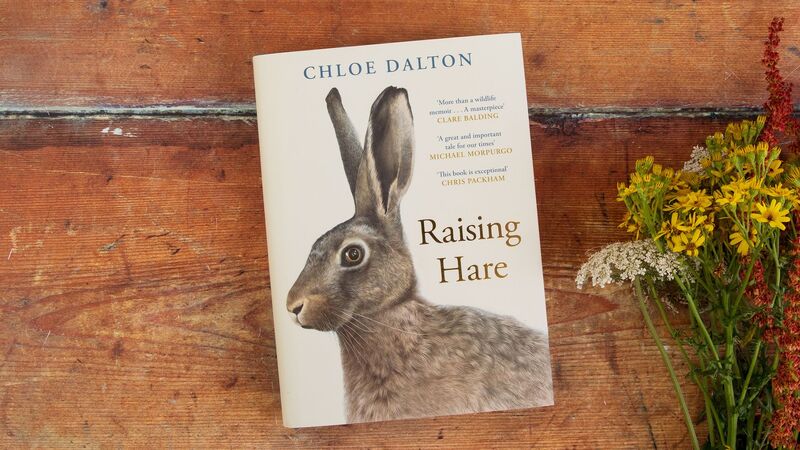You are viewing your 1 free article this month. Login to read more articles.
The most notorious weddings in literature
People have weddings for lots of reasons – love, money, visas, status, revenge. But for a writer, there’s only ever one reason: drama.
Nowhere in the field of human emotion is so much shared by so many in so little time as over the course of a literary nuptial. It’s a ready-made set piece allowing normally diverse characters to be brought together in an emotionally-charged setting where bad behaviour is de rigeur, as is the dredging up of family secrets, illicit sex with inappropriate people, startling declarations of love and culinary feasts where food is a metaphor for – well, almost anything really.
Weddings are a heaven-sent device for a writer. A device for emotional release, a device for bringing out the best or worst in characters, a device for moving the plot on or stopping it in its tracks. They’re also a time-honoured comedic device. There are few things which don’t sound funnier when said by a woman in a lilac fascinator.
All of which explains why I set my third novel, Someone Else’s Wedding, over the course of a wedding weekend in a hotel near Bath where the protagonist, Fran, is a guest, and where she struggles to hide her unhealthy obsession with the groom. Each of the 36 chapters represents a consecutive hour in this overheated, drawn-out affair – the rigid structure mirroring the creeping claustrophobia that weddings so often induce.
I’m far from the first writer to realise that weddings make rich dramatic pickings. Weddings are scattered through literature like confetti, often falling into set categories:
Weddings that don’t happen
If weddings are high drama, weddings that don’t happen are the highest drama of all. Like the bride, emotions are left all dressed up with nowhere to go, and often eventually self-combust. Pity poor Miss Havisham, so cruelly jilted. Many women cringe about their choice of wedding dress a year or two later as fashions change – imagine being condemned to wear it day in, day out for the rest of your life. It's enough to drive anyone mad.
Or what about Jane Eyre, whose first wedding is dramatically halted at the altar? Maybe she ought to have guessed that having a crazed woman rip her wedding veil to shreds two nights before the wedding wasn’t the greatest omen for married life, but the fact is that Jane is emotionally geared up for this wedding and when it’s snatched away from her, and her nearly-husband is revealed as a nearly-bigamist, it leaves her – and us – in emotional freefall. After that, when Jane finally does get to tie the knot, it’s a bit of an anti-climax: "reader I married him". Well thanks for sharing – not.
Weddings that happen off-stage
Any casual viewer of rom-coms will know that the wedding is the pay-off for sticking with the couple through the ups and downs of true love. So as a reader it’s hard not to feel short-changed when characters in literature disappear off into the wings to get wed. Take Romeo and Juliet: all that build-up; all those declarations of love; all that star-crossedness. And all for what? Three lines by Friar Laurence (who he?): "Come, come with me, and we shall make short work/for by your leaves, you shall not stay alone/Till holy church incorporate two in one."
Equally frustrating is Pride and Prejudice where we’re robbed of not one but two weddings, summed up in one throwaway line: "Happy for all her maternal feelings was the day on which
Mrs. Bennet got rid of her two most deserving daughters". Oh, come on. Really? Is that it?
Weddings that are doomed from the start
In the West we’re so programmed to view the wedding as the pinnacle of romance, that a wedding in which the couple is obviously mismatched represents a troubling inversion of the natural order of things and immediately ratchets up the dramatic tension, introducing elements of tragedy and fatalism. There’s only one way this can end: badly.
In A Thousand Splendid Suns, Mariam is forced into a marriage she doesn’t want, seeing her groom for the first time on the morning of the wedding, by holding a mirror up under her wedding veil. First impressions are not favourable; Mariam is struck by his impossibly low hairline. Twice Mariam stays silent when the mullah asks her if she consents to the marriage, but on the third time, bowing to pressure from her father, she gives the answer ‘yes’, and seals her fate.
Similarly The Age of Innocence sees Newland Archer going through with his wedding to May Welland despite his growing feelings for Ellen. His own misgivings that his intended might be intellectually incurious and too much a slave to convention is a suspicion that is immediately borne out by the wedding itself – a perfect example of a strait-laced New York Society affair.
Weddings as microcosms of society
The thing about any rite of passage is that it’s a snapshot of the society in which it takes place. All human life is there. So a wedding in literature isn’t necessarily just about that particular couple, those particular guests, that particular church or Caribbean beach, but a comment on something bigger.
Maggie Shipstead’s Seating Arrangements focuses on the Van Meters family, brought together for the wedding festivities of daughter Daphne; but in patriarch Winn’s search for "some axis of perfect exclusivity" it also exposes class structures and deep-seated prejudices among well-heeled New England society.
Tamar Cohen is the author of The Mistress’s Revenge and The War of the Wives. Her new novel Someone Else’s Wedding is published by Doubleday on 20 June.















